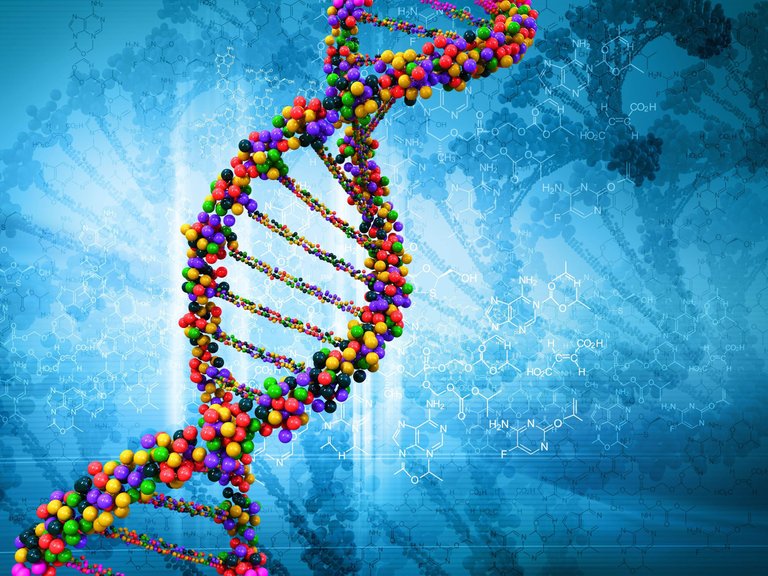Incorporating DNA into a Memory Storage Device

The concept of storing data in DNA isn't nearly as bizarre as it looks at first glance. An astonishing storage mechanism already exists in DNA; cellular DNA contains all of the information required for a species to function in a minuscule package. Researchers are interested in more than simply constructing a more sophisticated memory drive; they are also interested in recording what occurs within live cells, as well.
Even though DNA is now used as a storage medium, it does not follow that its implementation will be straightforward. Attempts have been made to create a basic DNA data recorder by inserting a sequence of DNA particularly designed for memory storage and integrating it into the genome of a living cell. Scientists from Stanford and the University of Washington worked on a study two years ago to introduce their DNA sequences into the genomes of bacteria. The experiment was a success. Genetic editing methods like CRISPR, which have improved in recent years, make it simpler. The recorder may be able to resist the numerous cell divisions that the creature will go through throughout time. Once completely operational, some experts believe that this technology might be used to study and record information on cancer replication at a previously unheard-of degree of detail once it is fully operational. Based on this information, more effective therapies might be devised.
Genetic material has the potential to be used for more than just data storage; organic computers are currently being developed.
During their research, they realized that biological systems were elegant solutions to the physical restrictions that began to appear as processors shrank in size. If, for example, circuits in a tiny processor are placed too close together, they may be unable to work independently of one another. Because there are no circuits in a biological computer, it is impossible to encounter these kinds of difficulties. In addition, a molecular computer generates relatively little heat and does not require the use of energy-intensive cooling equipment, which are both advantages.
There are several approaches to transforming DNA (or RNA) into a computer, but the core premise is that every type of input induces a single strand of DNA or RNA to execute a reaction, regardless of the source of the input. Because of a kind of enzyme known as a DNAzyme, inputs such as "and," "or," "if," and other similar expressions elicit responses that correspond to the Boolean instructions "and," "or," "if," and other similar expressions. The usual components of electronic circuits are the 1s and 0s, but these reactions take the place of those components.
There are a variety of difficulties to overcome. Although simple molecular computations are possible, DNA is incapable of completing operations at the same rate as an electrical processor. Large-scale manufacture of the appropriate chemicals is time-consuming and expensive. A computer like this, on the other hand, has the potential to be incorporated into a biological system if it is designed properly. I mean, talk about being able to communicate with others.
Reference
1.Source
Hello, we have chosen this post to be curated by MCGI Cares(Hive) community. We are inviting you to join our community that study the words of God.
Dear @jsalvage, The reason for developing an organic computer is, after all, the greatest goal of curing human diseases?
Thanks for your contribution to the STEMsocial community. Feel free to join us on discord to get to know the rest of us!
Please consider delegating to the @stemsocial account (80% of the curation rewards are returned).
Please consider including @stemsocial as a beneficiary to get a stronger support.
Congratulations @jsalvage! You have completed the following achievement on the Hive blockchain and have been rewarded with new badge(s):
Your next target is to reach 46000 upvotes.
You can view your badges on your board and compare yourself to others in the Ranking
If you no longer want to receive notifications, reply to this comment with the word
STOPSupport the HiveBuzz project. Vote for our proposal!